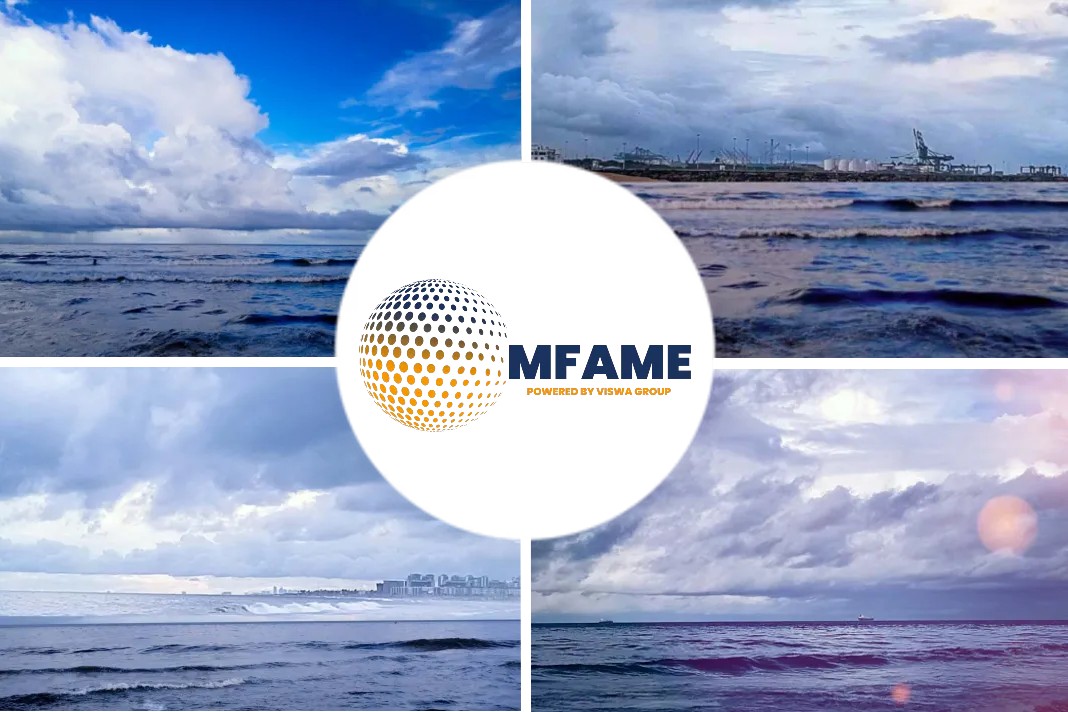- In order to protect both port State control officers and seafarers, the regimes continue to work to target high-risk ships which may be substandard.
- The PSC regimes agreed on the need to work together to develop harmonized port State control practices and policies to ensure a consistent approach across the world.
- The port State control regimes and IMO highlighted the unprecedented impact of the COVID-19 crisis and recognized the need to maintain crucial sea trade supply chains.
The International Maritime Organization (IMO) on Friday (10 April) released a press brieifng to the maritime industry on its collaboration with port State control regimes to develop harmonized best practices for the industry to curb the outbreak of the COVID-19 outbreak.
PSC works in compliance with International regulations
The port State control (PSC) regimes, which carry out inspections onboard ships to monitor and enforce compliance with international regulations, have highlighted their commitment to ensuring shipping continues to trade safely.
Representatives of the 10 Port State Control regimes, which cover the world’s oceans, met on April 8 in an online video meeting with the IMO Secretariat.
They reported that while the number of physical onboard ship inspections has reduced considerably, in order to protect both port State control officers and seafarers, they continue to work to target high-risk ships which may be substandard.
While the number of physical on-board ship inspections has reduced considerably during the COVID-19 pandemic, in order to protect both port State control officers and seafarers, the regimes continue to work to target high-risk ships which may be substandard.
Pragmatic and flexible approach
The port State control regimes reported taking a “pragmatic, practical and flexible” approach, recognizing that exemptions, waivers and extensions to certificates have been granted by many flag States.
The PSC regimes agreed on the need to work together to develop harmonized practices and policies to ensure a consistent approach across the world and welcomed the coordinating role of IMO.
IMO Secretary-General Kitack Lim reiterated his message that the maritime industry continues to be a vital artery for the global economy and highlighted the need for all involved to work collaboratively to address practical issues caused by the unprecedented global situation.
He welcomed the prevailing spirit of cooperation, collaboration and solidarity in these challenging times – when shipping is more important than ever in the global supply chain.
Roles of flag states
They issued a joint statement stating: “The respective roles of flag States and port States to solve this crisis, in terms of supporting maritime trade, are paramount, and can also be significantly assisted by the industry.”
“At the same time, the safety of life at sea, the protection of the marine environment and the respect of seafarers as key workers must remain shared priorities,” the statement read.
Advice and information circulated by the IMO, including information from Member States and recommendations issued by the IMO, can be found here.
Did you subscribe to our daily newsletter?
It’s Free! Click here to Subscribe!
Source: IMO
























